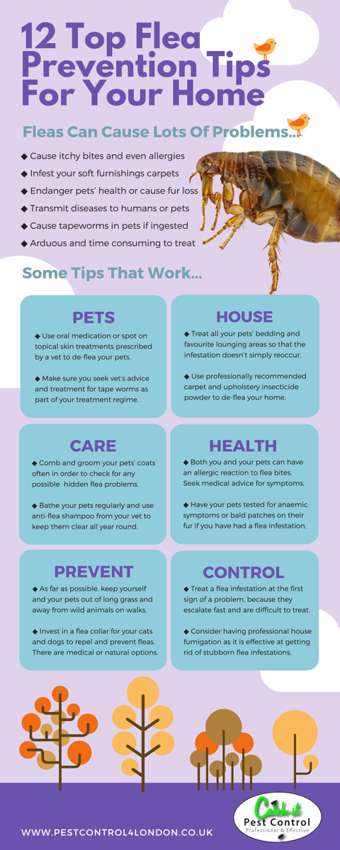Tips For Maintaining Exterior Parasites Far From Your Garden
Tips For Maintaining Exterior Parasites Far From Your Garden
Blog Article
https://kalkinemedia.com/news/world-news/2023-pest-control-services-market-share-and-growth-opportunities-with-latest-updates-2030 Develop By-Thorpe Pittman
Envision your yard as a refuge, a place of peace and charm. Nevertheless, the presence of outdoor bugs can rapidly interrupt this ideal picture. What if there were simple yet effective methods to maintain these unwelcome visitors away and protect your yard oasis? By complying with a few functional ideas and executing natural techniques, you can produce an unified outside room where your plants can thrive uninterrupted.
Natural Insect Deterrents
To maintain pests away from your yard normally, plant aromatic herbs like mint and lavender. These fragrant plants not only add charm to your yard however also serve as reliable parasite deterrents. Insects like insects, flies, and also some garden-damaging insects are pushed back by the solid aromas given off by these natural herbs. Just positioning them purposefully around your garden can aid produce a natural obstacle versus undesirable parasites.
Along with mint and lavender, think about growing various other natural herbs like rosemary, basil, and lemongrass to better boost your yard's pest-proofing abilities. These herbs not just serve as all-natural repellents yet likewise have actually the included benefit of working in food preparation or crafting self-made solutions.
Strategic Plant Placement
Think about the layout of your garden and the kinds of plants you need to purposefully put them for optimum pest-proofing performance.
Start by grouping plants with similar resistance to parasites with each other. By doing this, you can create an all-natural obstacle that hinders insects from spreading out throughout your garden.
Additionally, positioning pest-repelling plants like marigolds, lavender, or mint near more prone plants can help shield them. High plants, such as sunflowers or corn, can work as a shield for shorter plants versus pests like rabbits or ground-dwelling pests.
Remember to leave https://howtoremovemyipfromratsdy06283.blog2news.com/32581705/green-parasite-control-solutions-eco-friendly-options-for-a-pest-free-home in between plants to improve air blood circulation and reduce the threat of conditions that pests might carry.
Furthermore, think about growing strong-smelling natural herbs like rosemary or basil near prone plants to puzzle insects' senses and make it harder for them to locate their targets.
Reliable Pest Control Approaches
For combating garden insects properly, carrying out a multi-faceted bug control approach is necessary. Start by encouraging natural killers like birds, ladybugs, and hoping mantises to assist maintain pest populations in check. Introducing plants that attract these helpful bugs can aid in bug control. Additionally, practicing good garden hygiene by getting rid of debris and weeds where pests might conceal can make your yard much less congenial to undesirable site visitors.
Think about using physical obstacles such as row cover fabrics or netting to shield prone plants from pests like caterpillars and birds. Using natural pesticides like neem oil or insecticidal soap can also be effective versus particular parasites while being much less harmful to valuable pests and the setting. It's important to revolve your plants each season to prevent the buildup of bug populations that target certain plants.
Routinely inspect your plants for indicators of pest damage so you can do something about it immediately. By incorporating these techniques and staying watchful, you can efficiently control garden pests and enjoy a flourishing, pest-free garden.
Final thought
So, there you have it - with the appropriate approaches, you can keep pesky outdoor bugs away from your garden and assist your plants grow.
Did you know that growing mint has been revealed to ward off insects and various other pests, lowering the demand for harmful pesticides by up to 60%?
By including all-natural deterrents and clever growing techniques, you can develop a gorgeous and pest-resistant yard sanctuary for you to delight in.
